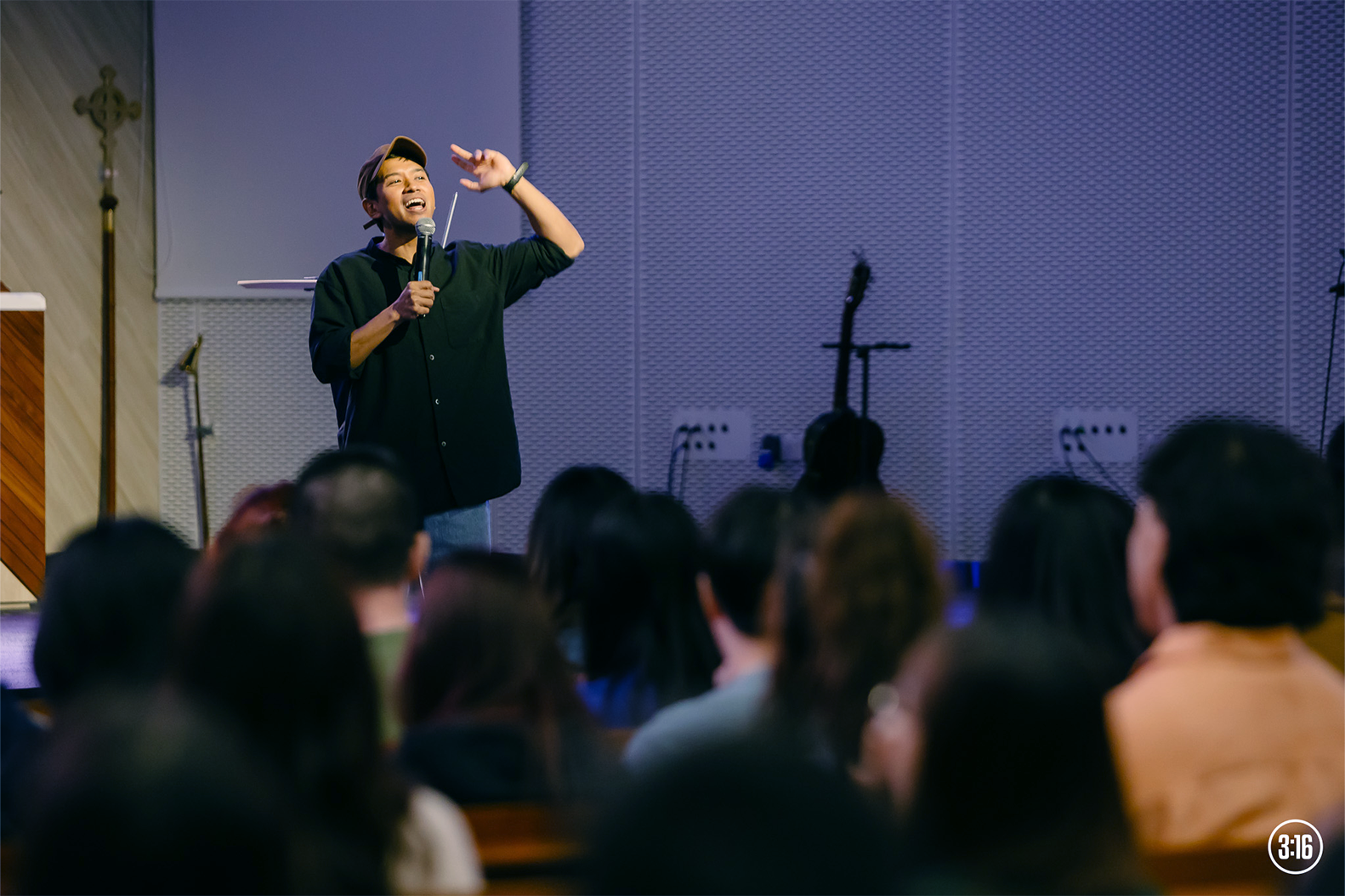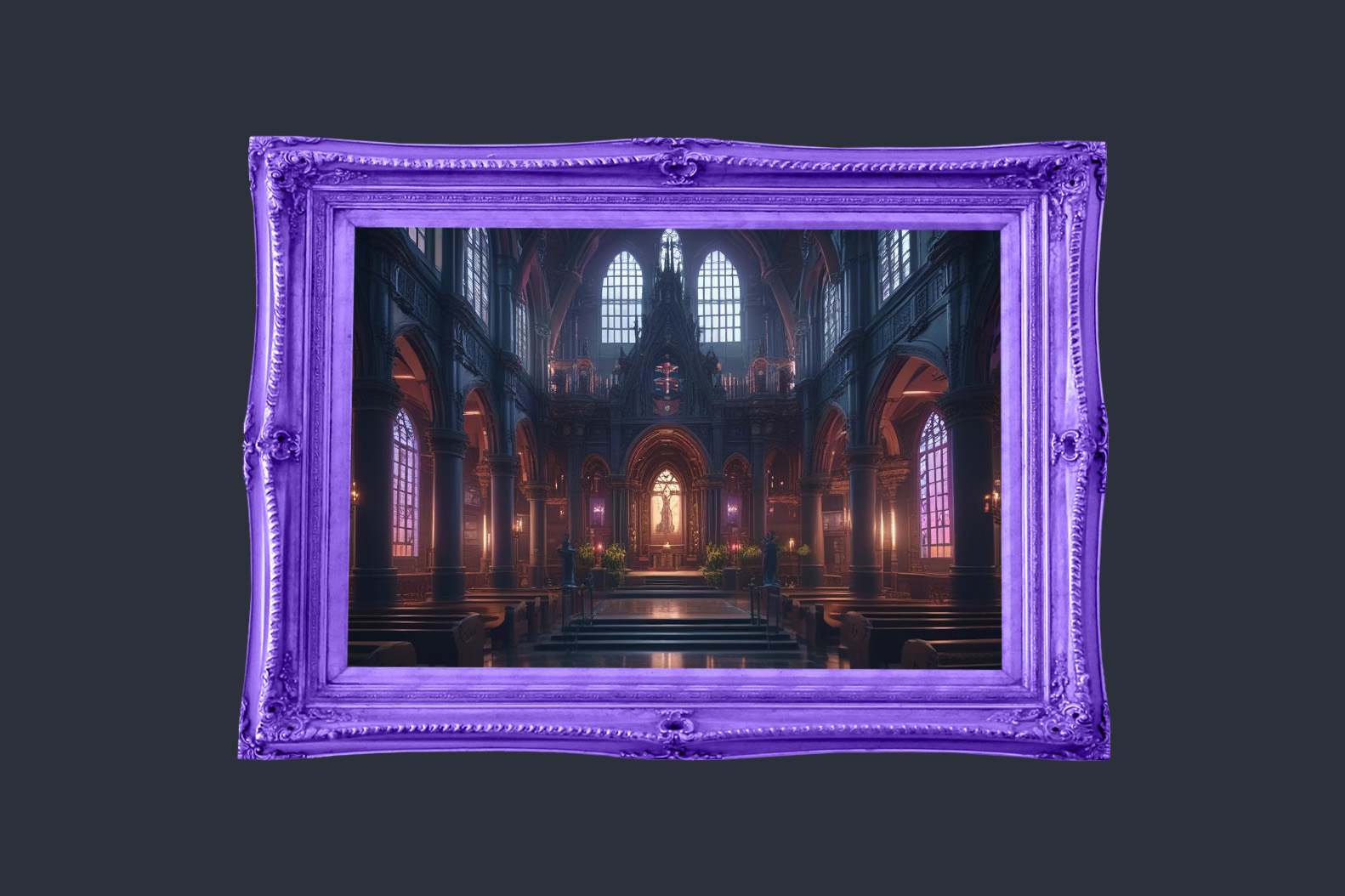Most of us would have no doubt seen the recent Channel News Asia video on class divides in Singapore.
For its many flaws the video is an admirable attempt at bridging the gap between social classes. The walls between the rich and the poor, the educated and uneducated – these walls should not exist in a nation that prides itself on meritocracy.
And neither should they exist in the church.
Yet as I think back to my own experiences in church, I am disappointed by my own inability to bring those walls torn down: I remember losing a football game played in the heartlands, and attributing my opponents’ success to all the time they spent playing instead of studying in school.
And I remember suggesting eating at a restaurant after cell, completely oblivious to the fact that there were brothers in my midst who simply couldn’t afford such a meal.
How I’ve failed to acknowledge my own privilege for the longest time!
We must take a look at our own churches.
How many of our cell groups contain people of a different race? How many of our cell groups are ready to accept someone of a different socio-economic status? Or someone who struggles with sexuality?
And sure, there might be other factors like geography that affect the kind of people that appear in our cell groups that have nothing to do with our own prejudices. Yet I suspect that within the church, we have divided people just as much as those outside the church do – if not more.
“But now that faith has come, we are no longer under a guardian, for in Christ Jesus you are all sons of God, through faith. For as many of you as were baptised into Christ has put on Christ. There is neither Jew nor Greek, there is neither slave nor free, there is no male and female, for you are all one on Christ Jesus.” (Galatians 3:25-28)
The church should be a model of unity.
We have this unity because we are all in Christ Jesus and believe in the same Gospel. Jesus Himself has torn down every dividing wall of hostility between the Jew and the Gentile (Ephesians 2:14-16). In His presence, every social division must come down.
So what do we do when we see a church that is not so? I can’t help but feel hopeless when I notice that everyone around me just looks the same. I can’t help but despair when I hear racially insensitive jokes being made in cell. I can’t help but weep when I realise that my own heart is racist, classist, prejudiced in ways apart from the Gospel of Jesus Christ.
What is the hope for a religious structure so historically entrenched in divides like class?
The church should be a model of unity.
The hope is Jesus. The hope has always been Jesus.
Whenever we are confronted with sin, be it personal or systemic, the solution has never been to run away – but to run towards. We must always remember that we as the church are united around a single thing – the Gospel of Jesus Christ.
Church is awkward conversations with the elderly lady you sit next to every week. Church is meeting middle-aged couples for lunch not just for advice or counselling – but to actually get to know them.
Church is welcoming people of all races into a community that is predominantly Chinese. Church is eating at a coffee shop instead of a restaurant so your friend can afford to join you.
This is the community God has grafted us into.
We must grow as a Church, not in conformance to the latest trends of inclusivity or tolerance – but in Gospel unity.
How amazing it is when an 86-year-old woman and a young teenager can sing the same worship song together and mean it together with all their heart!
And how incredible it is that someone who stays in a HDB and someone who stays in Sentosa Cove can covenant to keep each other accountable to walk in purity!
We must grow as a Church, not in conformance to the latest trends of inclusivity or tolerance – but in Gospel unity.
So how can we shape our cell groups to be places for both the poor and rich? How can we shape our conversations so as not to marginalise those of minority races? How can we better return to the Gospel?
“Therefore, since we are surrounded by so great a cloud of witnesses, let us also lay aside every weight, and sin which clings so closely, and let us run with endurance the race that is set before us, looking to Jesus, the founder and perfecter of our faith, who for the joy that was set before him endured the cross, despising the shame, and is seated at the right hand of the throne of God.” (Hebrews 12:1-10)
These answers lie in Jesus. We need to keep looking to Him, the founder and perfecter of our faith.









